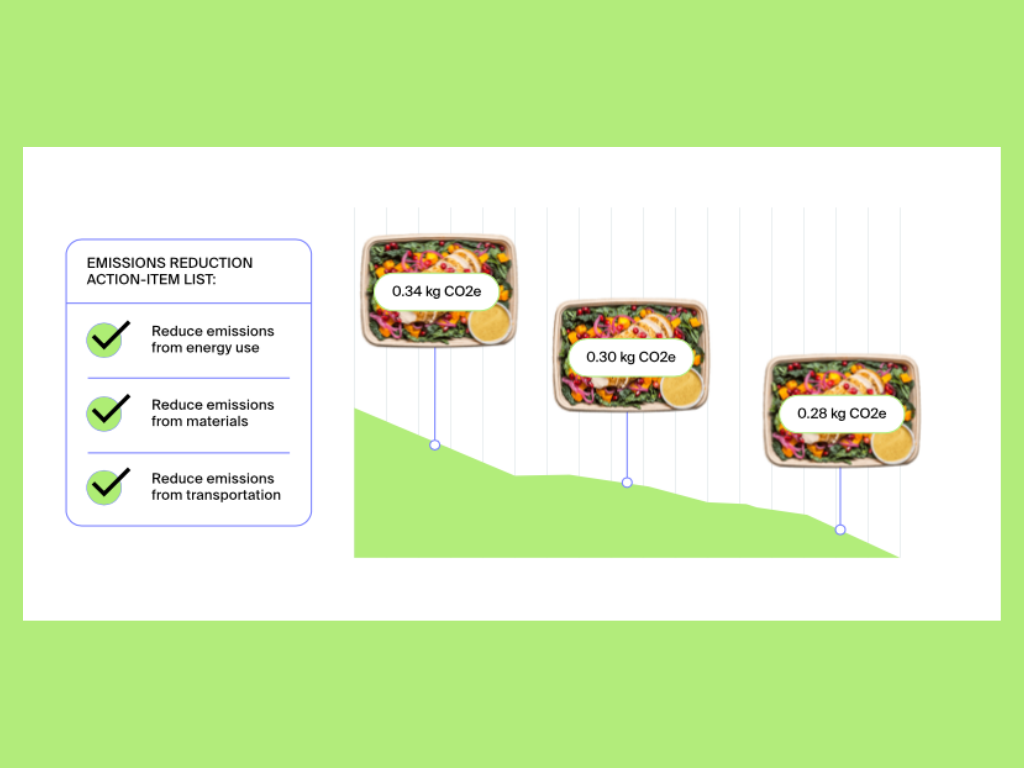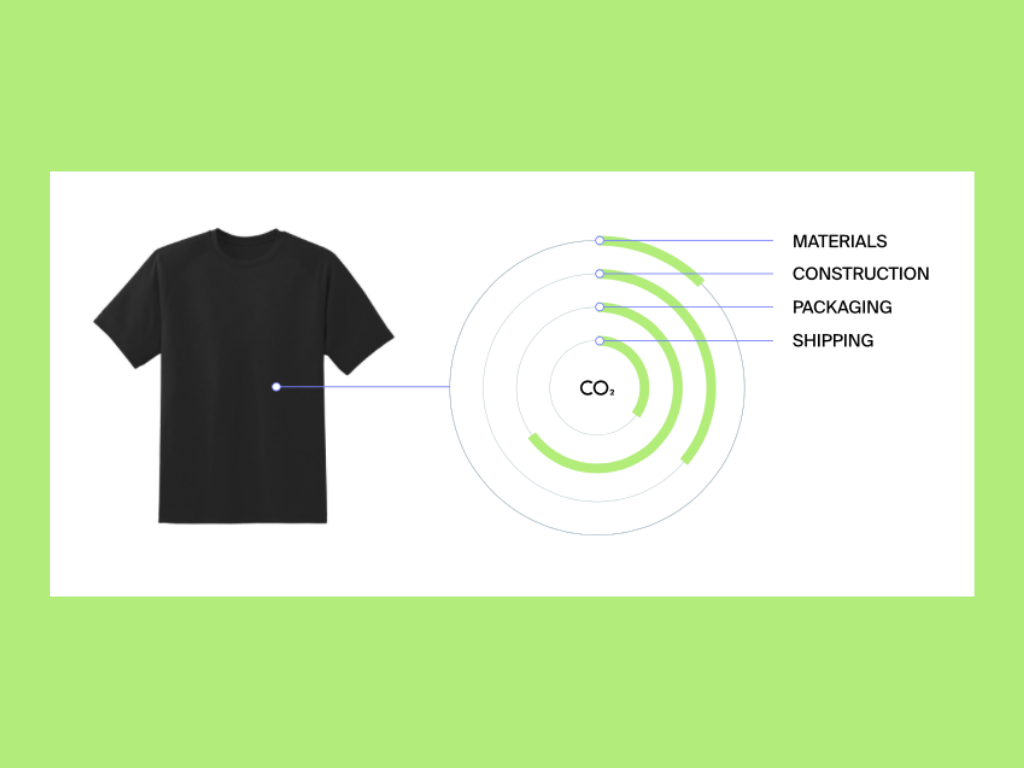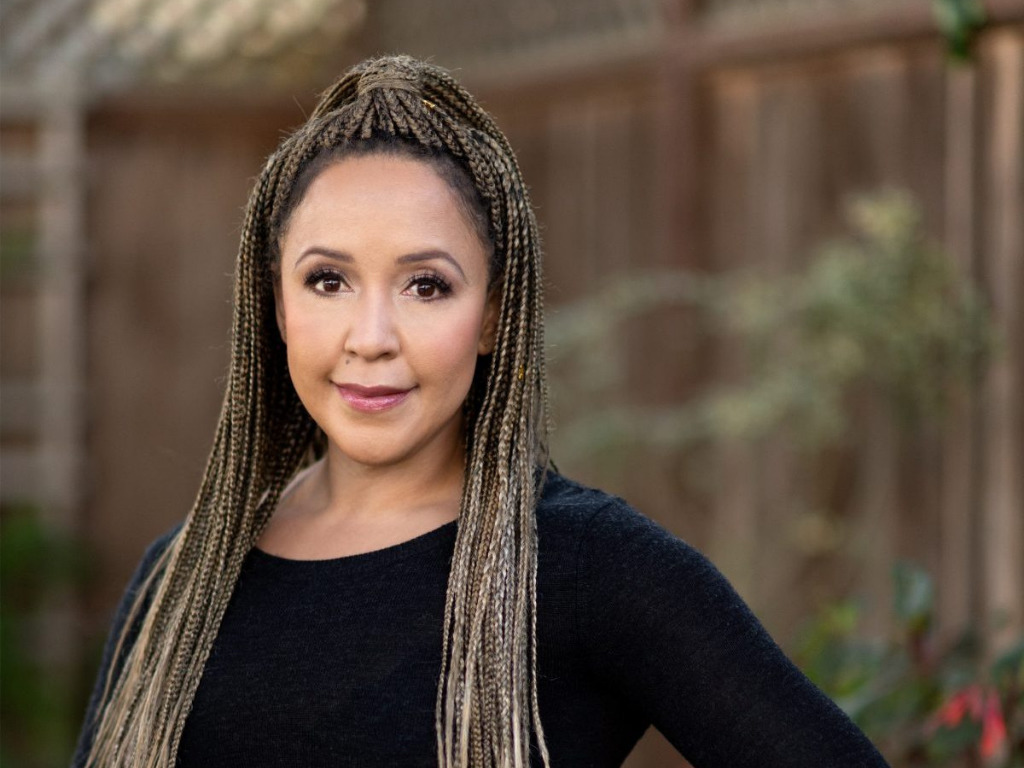Planet FWD Bags $10 million To Improve Carbon Footprint Calculation Platform
4 Mins Read
Carbon calculation startup Plant FWD has closed a $10 million Series A, co-led by Acre Venture Partners and Congruent Ventures as well as existing investors BBG Ventures, Precursor, Concrete Rose, and January Ventures among others. The startup has earmarked the funding for continued development of data, new product creation and enlarging the climate science team.
Founded by Zume Pizza co-founder Julia Collins, Planet FWD aims to provide carbon footprint data to companies that want to find meaningful routes to reduction. The startup secured $2.7 million in its seed funding round in 2020 which supported the launch of its Moonshot Snacks brand later in the same year. Total funding to date stands at $16.8 million.

Founded out of necessity, grown by strategic acquisition
While developing the Moonshot range, Planet FWD came to the realisation that producing a carbon-neutral product is extremely difficult. This led to the development of a carbon-assessment platform for use by itself and fellow CPG brands.
“We want to expand our carbon footprint at the product level for a box of crackers, and that was really hard,” Collins told Tech Crunch. “We wanted to understand our corporate level footprint as a company and that was really hard. We wanted to understand how to reduce our emissions, and that was really hard. We wanted to understand how to purchase very high-quality, carbon offsets, to get to carbon-neutral, and again, it’s really hard.”
The Planet FWD platform was designed to simplify all the integral processes. It’s slated as a one-stop measurement, reduction, neutralisation and reporting system. The technology allows companies to get an overview of their Protocol Scope 3 emissions across their entire corporate value chain, to identify where reductions can be made. Products are then passing conscious consumption onto the end-user. It is estimated that 89 percent of all emissions from consumer products are classified as Scope 3.
To grow the platform, Planet FWD acquired climate tech startup CleanMetrics, last year. This helped contribute to what Collins refers to as the “largest life cycle analysis database for agricultural production systems in North America”. The new funding will expand beyond existing products to include predictive emissions modelling and enhanced customer support.

Tapping into a changing market
More companies than ever are looking to take ownership of their emissions across their entire supply chains. As carbon labelling begins to pick up pace and consumers understand the need to audit their shopping habits, brands are looking to align with transparent impact systems.
“The emerging regulatory landscape is causing an acceleration of companies really needing better solutions for carbon management and that regulatory framework or those regulatory frameworks are being bolstered by the emerging consumer appetite, sustainable and climate-friendly products,” Collins told Tech Crunch. “Retailers paying more attention are prioritizing brands that are motivated, sustainable and willing to stand behind it. And then of course, new ESG is becoming an important part of the way that companies are able to access financial instruments.”
Brands can access full breakdowns of individual product impact, tailored emissions reduction plans and vetted carbon offsetting schemes. The right to embellish products with the Planet FWD carbon logo is granted alongside. To date, Planet FWD has worked with 25 brands, including Pangaia, Kashi, Just Salad and Healthy Hippo.

What’s in a label?
Earlier this month, Foodsteps, a UK-founded sustainability platform bagged $4.1 million to build its team ahead of anticipated growth. The startup offers companies a way to calculate and label their products according to the environmental impact of each item. So far, the restaurant sector has proven keen to start offering diners a snapshot of what their food choices mean. Large chains including Wagamama, Pizza Express and Ask Italian are all confirmed as being onboard.
UMass Amherst is looking to make carbon labelling an everyday deciding factor when choosing products by including it on its campus menus. The Boston college is setting a precedent for other institutions to follow after a survey in 2021 revealed that 88 percent of its students use the climate crisis as a guiding force when making purchases.
Lead image of founder Julia Collins. All images by Planet FWD.




